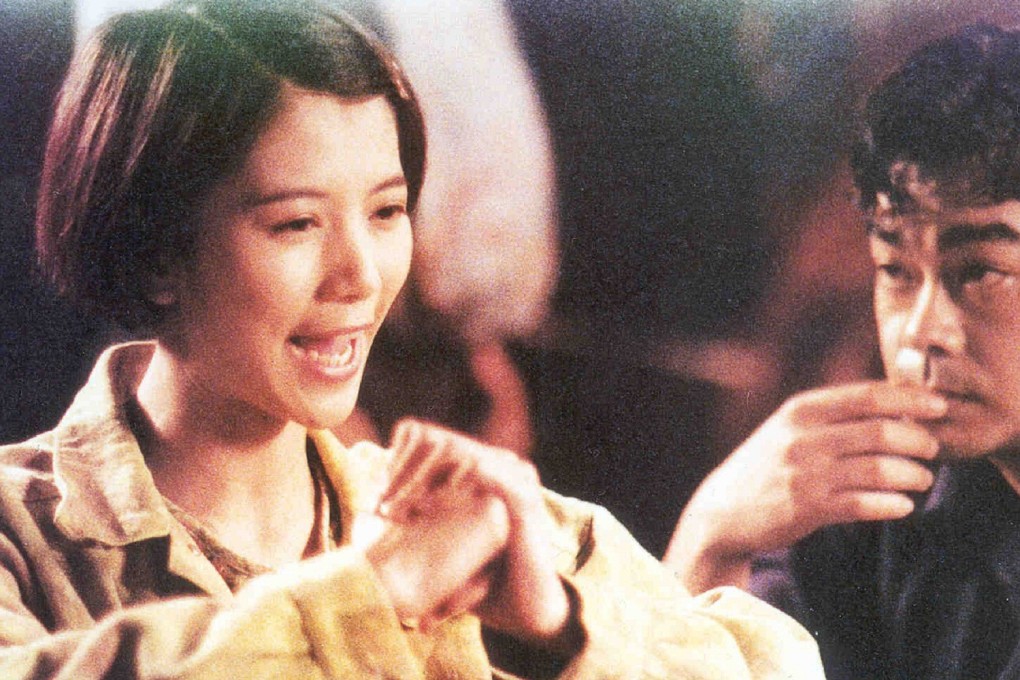Likened to Hollywood hit Love Story, this film beat Jackie Chan, Jet Li at the Hong Kong box office in 1993
- C’est La Vie, Mon Cheri features Lau Ching-wan as a struggling musician who falls in love with an opera singer with cancer, played by Anita Yuen
- The melodrama was acclaimed by critics, took more at the box office in 1993 than Jackie Chan’s City Hunter and Jet Li’s Fong Sai Yuk, and won several awards

Released during a year of slapstick costume comedies, martial arts films, violent horror and Category III (equivalent to NC-17 in the US and 18 in the UK) films, the refined melodrama C’est La Vie, Mon Cheri was a surprise hit in Hong Kong in the last months of 1993.
C’est La Vie, Mon Cheri finished fourth in the year-end box-office charts, surpassed only by two Stephen Chow Sing-chi comedies and a Lunar New Year film.
“Director/screenwriter Derek Yee endows the somewhat stereotypical situations with a great deal of sincerity, investing the ‘young girl suffering from a fatal disease’ premise with a freshness and emotional resonance largely absent from Cantonese films,” wrote Post critic Paul Fonoroff, who compared the film to the 1970s Hollywood mega hit Love Story starring Ali McGraw and Ryan O’Neal.
The story is chock-a-block with the different musical styles of the Hong Kong music scene at the time – Canto-pop, Mando-pop, Cantonese opera, jazz and rock all feature.